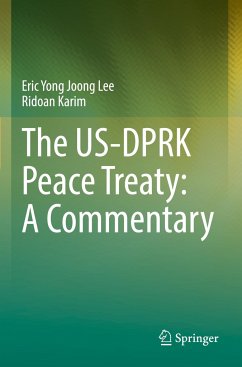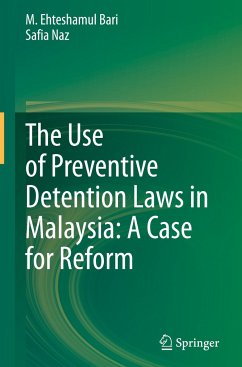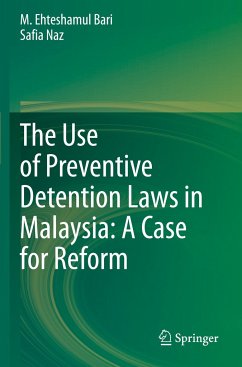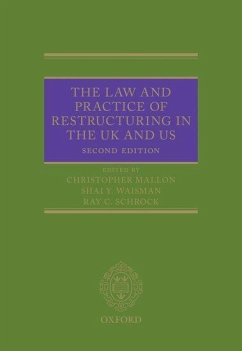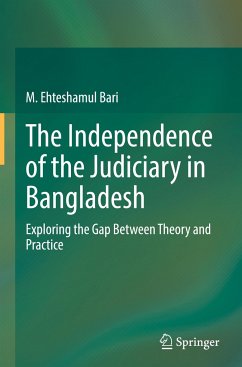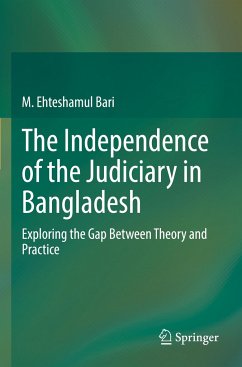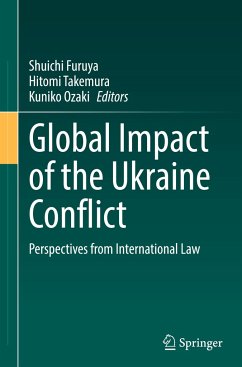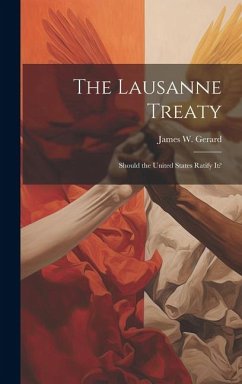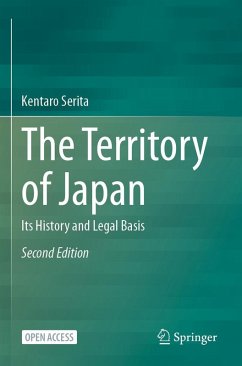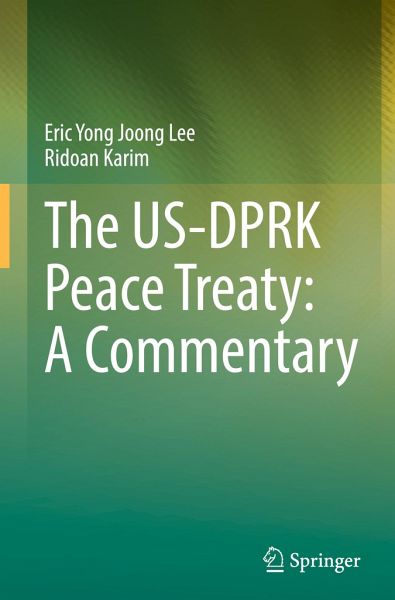
The US-DPRK Peace Treaty: A Commentary
Versandkostenfrei!
Versandfertig in 6-10 Tagen
76,99 €
inkl. MwSt.
Weitere Ausgaben:

PAYBACK Punkte
38 °P sammeln!
This book delivers an in-depth analysis of the US-DPRK Peace Treaty which will be concluded as a final result of the Korean Peninsula peace process that is currently ongoing. Since North Korea launched its nuclear weapons development program in the early 1990s, the Korean peninsula has become a critical point of global politics along with the Sino-American (G2) hegemonic competition. The US-DPRK Peace Treaty is the key to the denuclearization and de jure peace on the peninsula as well as Northeast Asia. Different from the comprehensive peace treaty between the four parties (US, China, and the ...
This book delivers an in-depth analysis of the US-DPRK Peace Treaty which will be concluded as a final result of the Korean Peninsula peace process that is currently ongoing. Since North Korea launched its nuclear weapons development program in the early 1990s, the Korean peninsula has become a critical point of global politics along with the Sino-American (G2) hegemonic competition. The US-DPRK Peace Treaty is the key to the denuclearization and de jure peace on the peninsula as well as Northeast Asia. Different from the comprehensive peace treaty between the four parties (US, China, and the two Koreas) already proposed for the past few years, the book suggests a 'bilateral' approach to the agreement between the US and the DPRK, which will trigger the peace as a system considering the US's practices in this regard after 1783. Such a challenging and provocative method provides deeper understanding of the legal and political circumstances for the expected US-DPRK Peace Treaty. Thebook will navigate scholars, practitioners, and students towards terminating the 1953 Armistice, establishing nuclear peace as well as a rapprochement between the two countries. In practice, it will be a useful guideline for the conflicting parties in the various parts of the globe to adopt peace treaties in the twenty-first century.





